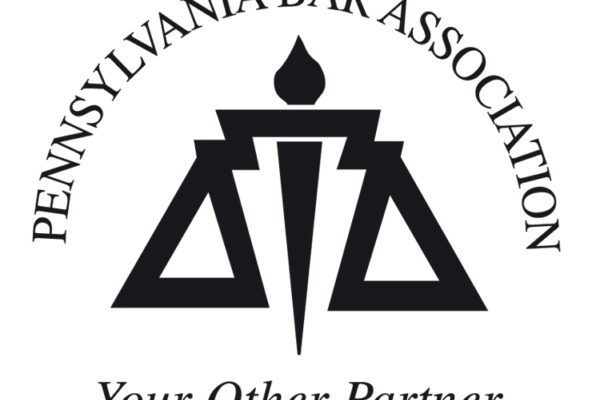Divorces that may be settled amicably now have a new law in place to regulate them. Governor Tom Wolf signed the Pennsylvania Collaborative Law Act on June 28, 2018, which standardizes the common practice of collaborative law where two parties work together with appropriate representation to prepare a legally binding agreement.
In collaborative divorces, each party has an attorney trained in this process. The couple may jointly hire financial planners, accountants and even parenting experts who will provide expertise during the process. Proceedings are kept out of court and, because of the collaborative approach, legal fees are often lower.
The Collaborative Law Act is a result of years of work by the Pennsylvania Bar Association and its Collaborative Law and Alternative Dispute Resolution committees.
In addition to a collaborative divorce, parties seeking a divorce may also choose to participate in mediation or arbitration rather than litigation. Through mediation, a mediator assists the parties in reaching agreements relating to parenting plans, child support, spousal support, alimony pendente lite, alimony and the distribution of their marital assets and liabilities in a non-adversarial setting. Arbitration involves the appointment of a mutually agreed upon neutral third party to act as the arbitrator. The parties, through their respective counsel, present their case to the arbitrator, who then makes a decision regarding the distribution of the parties’ marital assets and liabilities.
If you are interested in pursuing a divorce in one of these settings, we can help. Call us at 215-340-2207, or email info@bucksfamilylawyers.com.





